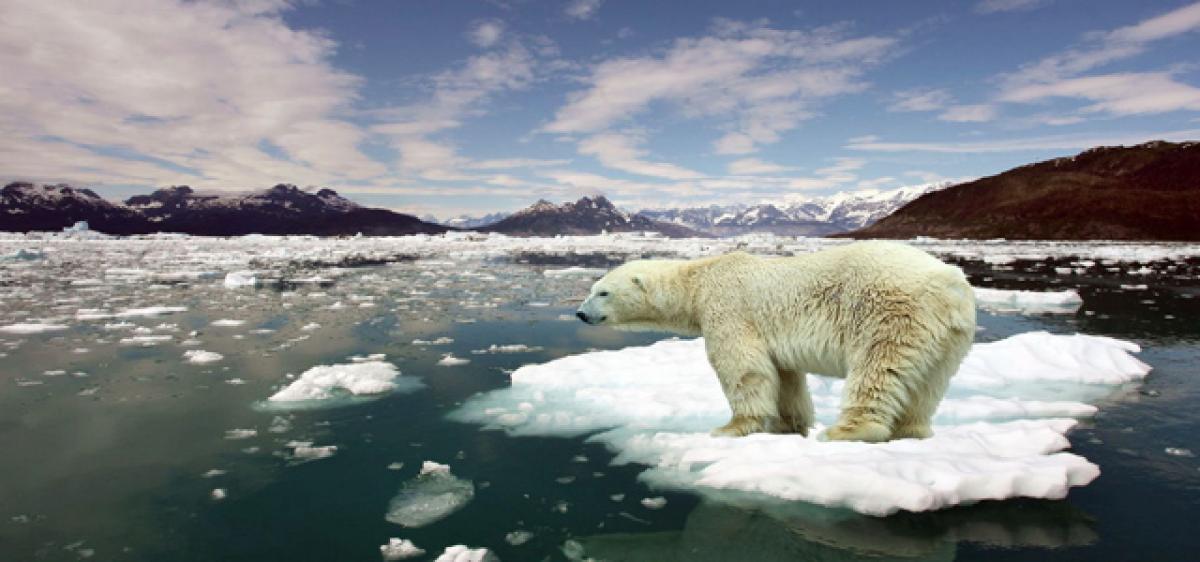Reservoirs play substantial role in global warming

The world\'s reservoirs play a significant role in global warming, producing the equivalent of about one gigatonne of carbon dioxide a year or 1.3 per cent of all greenhouse gases produced by humans, a new study has found.
Washington: The world's reservoirs play a significant role in global warming, producing the equivalent of about one gigatonne of carbon dioxide a year or 1.3 per cent of all greenhouse gases produced by humans, a new study has found.
According to researchers from the Washington State University (WSU), reservoirs are a particularly important source of methane, a greenhouse gas that is 34 times more potent than carbon dioxide over the course of a century.
Reservoir methane production is comparable to rice paddies or biomass burning, both of which are included in emission estimates of the Intergovernmental Panel on Climate Change, the leading international authority on the subject.
"We had a sense that methane might be pretty important but we were surprised that it was as important as it was," said Bridget Deemer, WSU research associate and lead author. "It's contributing right around 80 per cent of the total global warming impact of all those gases from reservoirs.
It's a pretty important piece of the budget," said Deemer. The analysis, which drew on scores of other studies, is the largest and most comprehensive look to date at the link between reservoirs and greenhouse gases, said John Harrison, associate professor in the WSU Vancouver School of the Environment.
Acre per acre, reservoirs emit 25 per cent more methane than previously thought, he said. The researchers acknowledge that reservoirs provide important services like electrical power, flood control, navigation and water. However, reservoirs have also altered the dynamics of river ecosystems, impacting fish and other life forms.
Only lately have researchers started to look at reservoirs' impact on greenhouse gases. "While reservoirs are often thought of as 'green' or carbon neutral sources of energy, a growing body of work has documented their role as greenhouse gas sources," researchers said. Unlike natural water bodies, reservoirs tend to have flooded large amounts of organic matter that produce carbon dioxide, methane and nitrous oxide as they decompose.
Reservoirs also receive a lot of organic matter and "nutrients" like nitrogen and phosphorous from upstream rivers, which can further stimulate greenhouse gas production. The WSU researchers are the first to consider methane bubbling in models of reservoir greenhouse gas emissions.
Also, while previous papers have found that young, tropical reservoirs emit more methane than older, more northern systems, this study finds that the total global warming effect of a reservoir is best predicted by how biologically productive it is, with more algae and nutrient rich systems producing more methane.
















